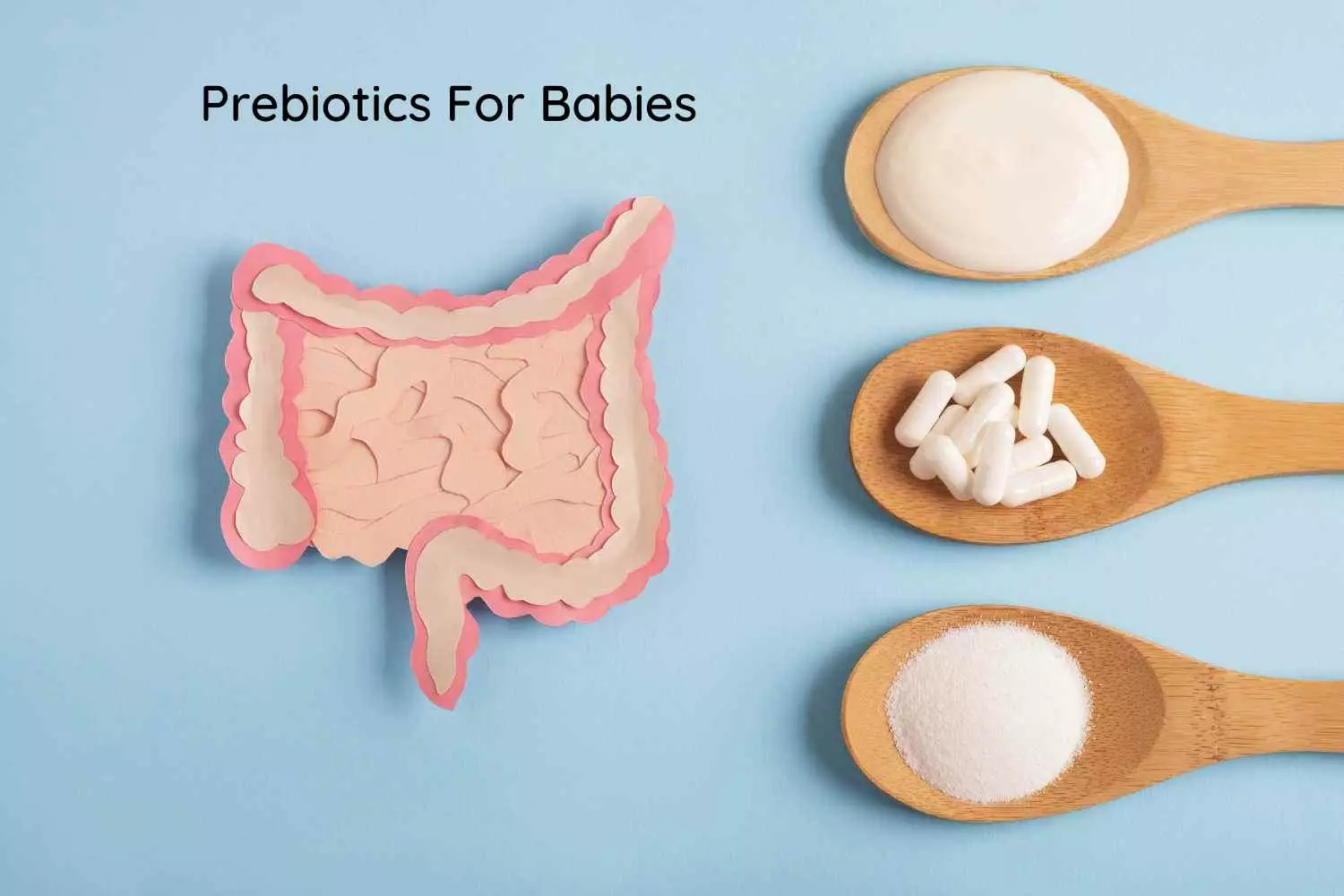
Sunlight For Babies – Benefits And Precautions to Take
5 min readWritten by Suma R P


We have an exquisite culture of being a joint family, and our childhood carries all its memories plated with gold. Those never fade and will be etched as beautiful adornments on our hearts. One of them includes watching the grandmother hold the tiny newborn cousin or sibling in the morning sunlight and give them a nice sunbath. Did you ever wonder why she does that? What is the significance of sunlight for babies?
As they say, science and traditions always go hand in hand and have an in-depth soul connection. Tender rays of morning sunlight are vital for infants in many ways. From receiving the right amount of vitamin D to regulating sleep patterns, it plays a crucial role and aids in better health in infants. Keep reading our article to understand more about Sunlight for babies, its benefits, and precautions to take while exposing your little one to it.
In This Article
- Video of Is Sunlight Good For Babies?
- Is Morning Sun Good For a Newborn?
- What Time of Sunlight is Best For a Newborn?
- How Long Should a Newborn be Exposed to Sunlight?
- Amazing Benefits of Sunlight For Babies
- Precautions to Take While Holding a Baby in Sunlight
- FAQ’s
Video of Is Sunlight Good For Babies?
Is Morning Sun Good For a Newborn?
Sunbath is an excellent way of gaining vitamin D for infants. It also has several benefits like treating mild jaundice in infants (severe cases require a doctor’s attention). The morning sun is a perfect time to expose your newborn to the sunlight as the rays are tender and do not affect the skin. The skin of a newborn is sensitive, and the probability of getting a sunburn is high if you expose your baby to rigorous sunlight. The rays from the sun tend to aid the synthesis of Vitamin D in the skin.
What Time of Sunlight is Best For a Newborn?

Exposing a newborn to harsh sunlight like on midday can be dangerous. If you live in a hot tropical area, opt for the morning or evening sun. It can be the best time to give your baby a nice sunbath. Avoid going outdoors during the afternoons as the effect of UV rays will be very high during that time.
It is vital to protect your baby from direct sun as it may also lead to other consequential skin problems. As the rising and setting sun rays will carry comparatively lesser UV rays, it can be the best time to sunbathe your little one. 7 am-10 am exposure is the suggested to be the best time to sunbathe your baby.
How Long Should a Newborn be Exposed to Sunlight?
According to studies, the time for a newborn to sunbathe is a minimum of 30 minutes per week. It is vital to consult your doctor if you are concerned about your baby getting sunburns. Ten to fifteen minutes of morning or evening sunlight can help your little one be active and gain enough vitamin D.
Amazing Benefits of Sunlight For Babies

Here comes the good part. Sunlight acts like magic on your little bundle of joy. It makes them happy and healthy. Let’s dive a bit deeper to understand the benefits of sunlight.
- We all know the importance of calcium for healthy bone growth. The right amount of vitamin D can help absorb calcium. Sunlight is the primary source for the synthesis of vitamin D.
- Vitamin D helps avoid skeletal deformities as the child starts to grow. It reduces the probability of contracting skeletal abnormalities like rickets.
- The presence of adequate vitamin D levels helps fight infections and diseases in later life.
- Sunlight also helps in curing mild jaundice in babies by reducing bilirubin levels.
- According to recent research, exposing infants to the sun can also increase their learning abilities.
- Exposing infants to sunlight also regulates their sleep patterns.
[Read : Vitamin D For Babies]
Precautions to Take While Holding a Baby in Sunlight

Here are a few precautions you need to take before exposing your little one to the sunlight.
- Ensure not to take your baby out during middays when the Ultraviolet radiation is high. It might increase the risk of skin diseases later.
- Undress the baby, but not completely.
- Make sure not to expose their eyes to the sun directly. Direct sunlight may damage eyesight.
- Feed them after sunbathing therapy. It is vital not to let the baby dehydrate.
- It is crucial to maintain their skin health. Babies with sensitive skin may often suffer sunburns and other problems.
- Do not prolong the process of sunbathing, as it may lead to other concerns like increased body temperature and dehydration.
- Consult your doctor immediately if you feel concerned about any consequential skin or eye problems post-sun exposure.
- Avoid taking the baby out if you sense the sun is too stingy.
- Hold the baby in the right way so that his body absorbs tender sun rays.
Sunbathing the baby can be a dilemmatic decision for a mother to take independently. Though the cons are very few, it is vital to consider them. One should maintain proper timings while exposing an infant to the direct sun. Consult your pediatrician once before implementing anything in the case of an infant.
Sunlight for babies carries many benefits but it is always a good idea to consult your pediatrician first, especially if your baby has any unique conditions like premature birth or any other underlying health conditions.
[Read : Sunburn In Babies]
FAQ’s
1. How Many Minutes Should a Baby be Exposed to Sunlight?
You should hold your baby to the sun for at least 10-20 minutes per day and a minimum of 30 minutes per week.
2. Is Sunlight Good For a Newborn Baby?
Sunlight has many benefits. One of the primary benefits is that it helps synthesize vitamin D in the body. The abundance of vitamin D helps aid in better growth and immunity in infants.
3. Do Babies Need Sunlight Every Day?
It is better to take them out and expose them to tender sunlight for a minimum of 10 minutes per day. However, consulting your paediatrician can be a better opinion before proceeding with things related to an infant.

Suma R P,M.Sc (Organic Chemistry) Rayalaseema University B.Sc (Biotechnology) Sri Krishna Devaraya University.
Suma is a passionate content writer with a strong keenness to understand the miracle of pregnancy, birth, and parenting. Suma has successfully transitioned into a full-time content writer and a key contributor at Being The Parent. She leverages on her experimental background in chemistry and experience in writing to come up with well-researched content that helps parents struggling to deal with various medical conditions of their children.Read more.
Responses (0)
Want curated content sharply tailored for your exact stage of parenting?
Related articles

Positive Coombs Test in Newborns – What it is, When it is Done and How to Take Care

Old Mac Donald Rhyme For Babies

Port Wine Stain Birthmarks in Babies – Causes, Symptoms & Treatment

Sex After C-Section – Is it Safe and When to Have

Prebiotics For Babies – Types, Benefits and Food Sources

Top 6 Best Bath Books For Babies in First Year
Sponsored content
Discover great local businesses around you for your kids.
Get regular updates, great recommendations and other right stuff at the right time.





